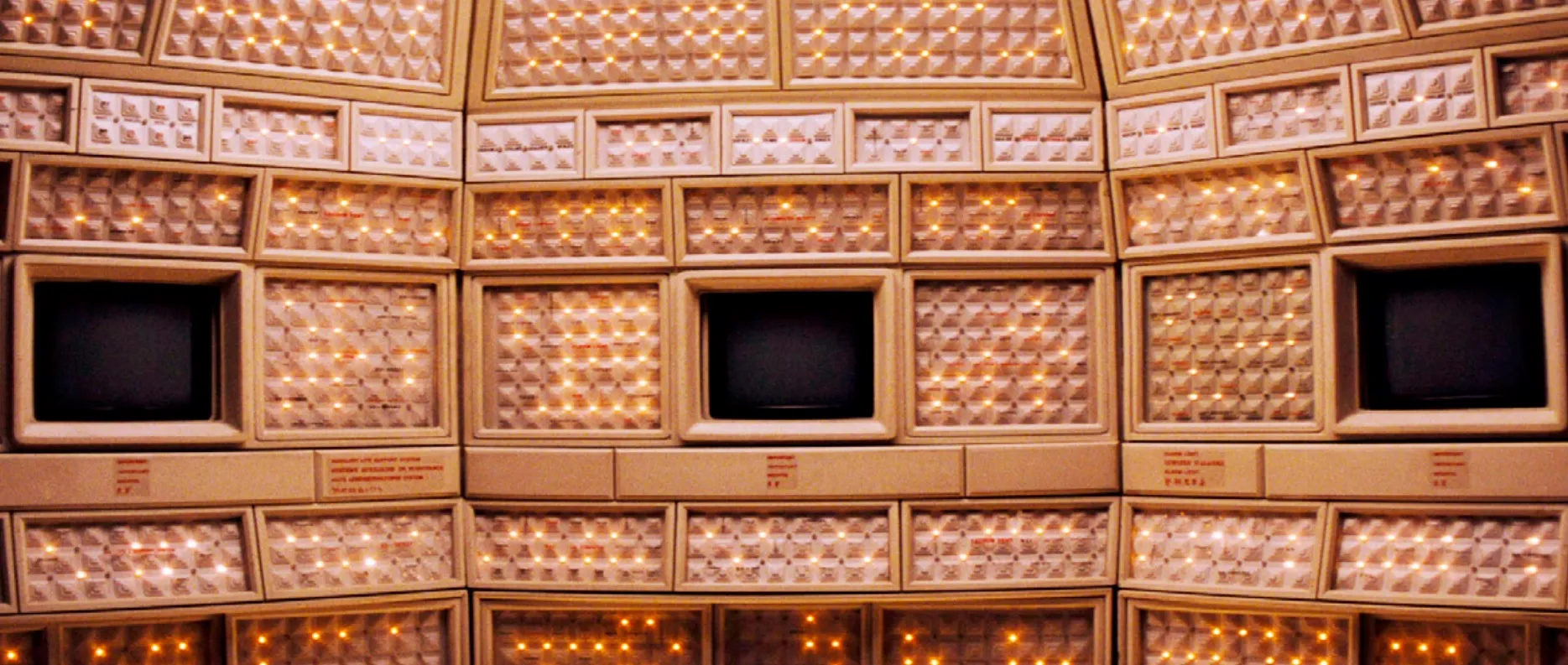- AI becomes a promising reality in space, overcoming initial fears and playing a pivotal role in manned and unmanned missions.
- NASA develops an AI system that allows astronauts to interact conversationally with spacecraft, receiving meaningful feedback about discoveries in the solar system and beyond.
- AI in space drives autonomous system management, resource optimization, advanced healthcare, and human-AI collaboration, paving the way for exoplanetary exploration and space sustainability.
In the near past, the cinematographic representation of Artificial Intelligence (AI) in space filled us with concern and mistrust. However, we have moved beyond the fictional settings featured in movies like “2001: A Space Odyssey” and “Alien: The Eighth Passenger.” Now, AI offers countless advantages in both manned and unmanned missions, envisioning a very promising space future.
Conversations with Space Vehicles and Beyond
NASA has set itself an ambitious goal: to develop a system that allows astronauts to interact conversationally with spacecraft and receive meaningful feedback about exciting discoveries beyond our solar system.
This vision, shared by Dr. Larissa Suzuki at an IEEE meeting on next-generation space communication, shows us that science fiction is becoming reality.
They plan to implement this pioneering system on their Lunar Gateway, a space station that will orbit the Moon and support NASA’s Artemis mission. To do this, a natural language interface will be used that will allow astronauts to seek advice on experiments or perform maneuvers without having to dive into complex manuals.
NASA recognizes that the successful implementation of the Lunar Gateway will also require the use of AI and machine learning technologies to manage various systems during periods of inactivity. These systems will include autonomous operations of scientific payloads, prioritization of data transmission, management of the health of the Gateway and more.
Dr. Suzuki illustrates a practical scenario where the AI system in space automatically detects and corrects failures and inefficiencies in data transmission, as well as similar digital interruptions. This capability is essential, as sending an engineer into space every time a technical problem arises is impractical.
New uses of AI in space: exoplanetary exploration and analysis of extraterrestrial life
In addition to the uses described above, AI in space can play a crucial role in exoplanetary exploration and analysis of extraterrestrial life.
In my opinion, using machine learning algorithms and image processing, AI can help identify patterns and features that indicate the presence of habitable worlds or signs of life in other corners of the universe. This capacity for early detection and efficient analysis would open new perspectives in the search for life beyond Earth.
At the same time, AI can also play a critical role in spatial sustainability. The efficient management of waste and resources is essential to guarantee prolonged space missions and reduce the environmental footprint. With the help of AI, management systems can analyze data in real time to optimize resource consumption, identify recycling opportunities and minimize waste accumulation. This will guarantee a more sustainable and environmentally friendly space exploration.
Also, with machine learning algorithms and real-time analysis of medical data, AI systems can help astronauts diagnose and treat diseases during space missions. In addition, they can provide personalized recommendations on nutrition, exercise, and general wellness to ensure optimal health for astronauts in extreme environments.

